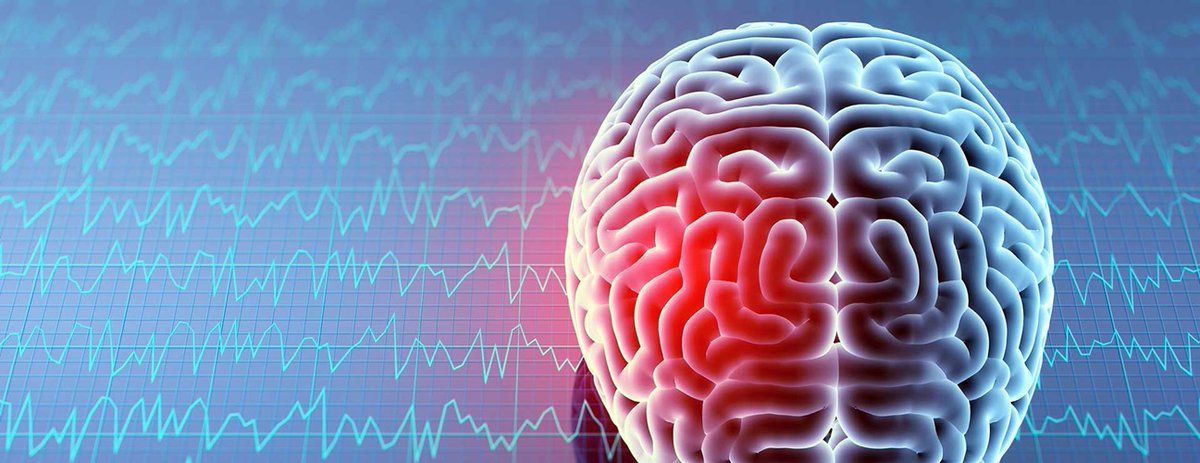My take on TXA in TBI following an excellent review by @Kumait_Allawati @SameerSharifMD @Bram_Rochwerg & colleagues. disclosure I& #39;m a co-author
Study objective? What is the efficacy & safety of TXA in acute TBI.
I& #39;ll provide my clinical interpretation & link to my practice
1/
Study objective? What is the efficacy & safety of TXA in acute TBI.
I& #39;ll provide my clinical interpretation & link to my practice
1/
There& #39;s been recent studies looking at this (CRASH 3) and one in the prehospital setting https://jamanetwork.com/journals/jama/article-abstract/2770409
This">https://jamanetwork.com/journals/... SR/MA provides a more fulsome look at the data including this brand new evidence.
2/
This">https://jamanetwork.com/journals/... SR/MA provides a more fulsome look at the data including this brand new evidence.
2/
The results?
In pooled analysis, TXA likely has no effect on mortality or disability.
A few considerations when I try to contextualize the clinicaly relevance. Not all TBI are equal. GCS 3 =/= GCS 12. A SDH is not the same as SAH or EDH etc. So their are limitations here
3/
In pooled analysis, TXA likely has no effect on mortality or disability.
A few considerations when I try to contextualize the clinicaly relevance. Not all TBI are equal. GCS 3 =/= GCS 12. A SDH is not the same as SAH or EDH etc. So their are limitations here
3/
When I evaluate a treatment, like all of us, we want to know the downsides. This study didn& #39;t identify any substantial safety issues. Maybe because its very safe...or maybe because there& #39;s minimal overall impact of TXA at all (either positively or negatively)
4/
4/
The studies included didn& #39;t allow for a more nuanced look at different degrees of TBI (either type or severity).
CRASH 3 concluded reduction in "head-injury related deaths" in mild-mod TBI.
Lots of debate & well constructed arguments for/against these conclusions...
5/
CRASH 3 concluded reduction in "head-injury related deaths" in mild-mod TBI.
Lots of debate & well constructed arguments for/against these conclusions...
5/
There is a trend towards hematoma reduction but this really requires further knowledge of the type of hematoma, location and initial size (like if no mass effect, a little reduction may not impact but if starting to have mass effect then maybe this matters)
6/
6/
Practically, I often make the decision to give TXA without even knowing the CT findings in many cases. So its typically done combining clinical exam, hemodynamics, trajectory, mechanism & timing of event.
7/
7/
I think it is fairly clear that these results certainly can& #39;t compel anyone to use TXA for all TBI patients. e.g. probably guidelines would be hard pressed for strong recommendation to administer it.
I also dont think giving TXA in TBI is a poor decision in some cases
8/
I also dont think giving TXA in TBI is a poor decision in some cases
8/
Also, to understand how I typically view medicine is nicely illustrated in a recent JAMA paper, i& #39;d fall somewhere in the middle of these curves (though some may argue i& #39;m far from sensible)
9/
https://jamanetwork.com/journals/jama/article-abstract/2772072">https://jamanetwork.com/journals/...
9/
https://jamanetwork.com/journals/jama/article-abstract/2772072">https://jamanetwork.com/journals/...
How will I use the data from this review in my practice?
1. prioritize other evidence-based strategies to improve TBI outcomes (reduce hypoxia, hypoxemia etc)
2. evaluate opportunity costs of my team giving TXA at expense of other interventions...& reduce TXA priority
10/
1. prioritize other evidence-based strategies to improve TBI outcomes (reduce hypoxia, hypoxemia etc)
2. evaluate opportunity costs of my team giving TXA at expense of other interventions...& reduce TXA priority
10/
3. when time allows, I will likely administer it to those with isolated TBI if moderate-severe clinical exam
4. higher priority if other sources of bleeding
5. If >3hrs from time of injury I won& #39;t give it.
11/
4. higher priority if other sources of bleeding
5. If >3hrs from time of injury I won& #39;t give it.
11/
6. when learners ask, I will tell them that I dont believe strong evidence but probability of it helping seems to outweigh harm in some groups. So I think omitting or including it in your TBI toolkit is fine either way.
12/
12/
7. I was the patient, then I would want it. I& #39;m good with that as a basis for guiding my decisions.
8. And it were my parents. I would give it. But I recognize that all the other good neurocritical care is probably what matters most.
13/
8. And it were my parents. I would give it. But I recognize that all the other good neurocritical care is probably what matters most.
13/
Most importantly, I won& #39;t spend substantial cognitive effort at the bedside trying to decide. I think that& #39;s not worth it and potentially harmful. Hence why I& #39;ll try to script my decision process a priori.
end/
end/
ps. I think this data does help suppress need for large debate. This MA/SR review is very well done. Calls for "more trials"... https://abs.twimg.com/emoji/v2/... draggable="false" alt="🤦♂️" title="Mann schlägt sich die Hand vors Gesicht" aria-label="Emoji: Mann schlägt sich die Hand vors Gesicht"> Its pretty clear each clinician will need to make decision based on their best appraisal of evidence coupled with patient in front of them.
https://abs.twimg.com/emoji/v2/... draggable="false" alt="🤦♂️" title="Mann schlägt sich die Hand vors Gesicht" aria-label="Emoji: Mann schlägt sich die Hand vors Gesicht"> Its pretty clear each clinician will need to make decision based on their best appraisal of evidence coupled with patient in front of them.

 Read on Twitter
Read on Twitter



